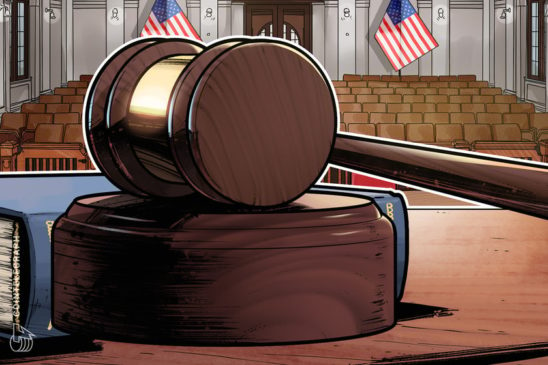The United States Department of Justice filed a court motion on Oct. 4 claiming the lack of crypto regulations in the U.S. is no bar to the criminal charges filed against the former CEO Sam Bankman-Fried of now-bankrupt crypto exchange FTX.
The U.S. DOJ’s letter was filed in response to the defendant’s request for clarification and reconsideration of charges related to the misappropriation of funds in FTX. SBF’s counsel had argued that their client was “not guilty because FTX was not regulated in the United States and he followed the rules concerning FTX US.”
The DOJ called this argument irrelevant claiming that even though the existence of legislation may be necessary to prove a legal obligation, however, the lack of it does not affect whether the defendant’s victims committed money to him. The DoJ noted that defendants claim about a lack of regulations related to customers fund usage is false as there are existing rules against it.
The DoJ further argued that the existing laws prohibit companies from stealing customer assets and the defendant has been charged under the same. Furthermore, the defendants committed substantial misrepresentations to customers, as well as having stolen money from them.
Related: What has Sam Bankman-Fried been up to in jail?
The DoJ argued that it is irrelevant to whether the defendant made substantial misstatements or omissions in the supposed “absence of clearly applicable laws or regulations.” It cannot be proven that the wire fraud allegations are “actus reus,” regardless of whether there is regulation or not.
SBF is currently facing multiple charges of wire fraud, and misappropriation of customers’ funds among several other charges. Currently in jail for violating his bail conditions and trying to influence potential witnesses, SBF has appealed several times to be released on bail before the trial. SBF’s legal team cited a lack of internet connection hindering his defense’s preparations and a lack of vegan meals, however, this was refused every time.
SBF faced his first day of jury trial on Oct.3 with reports suggesting the trials could last as long as six weeks.
Magazine: Can you trust crypto exchanges after the collapse of FTX?



